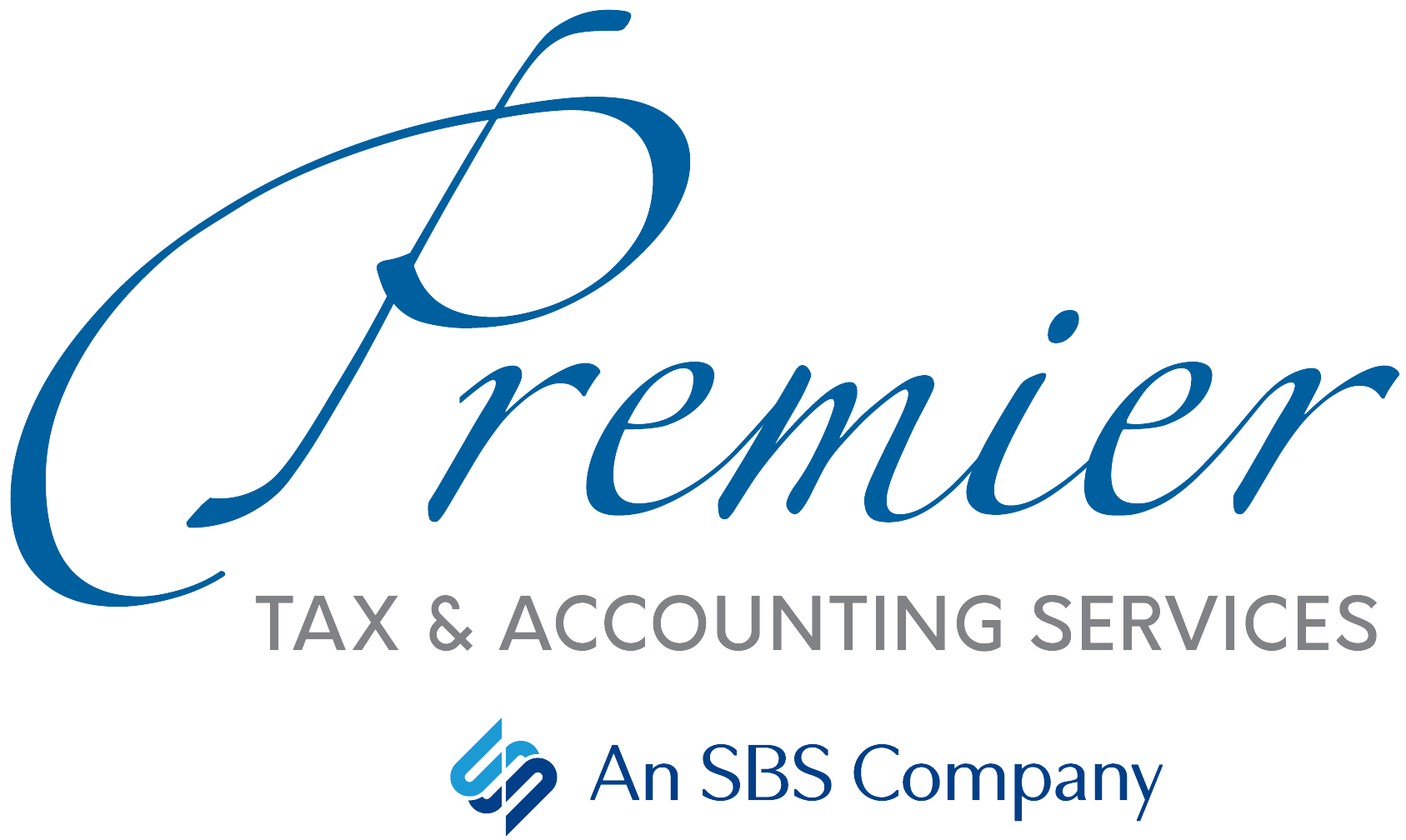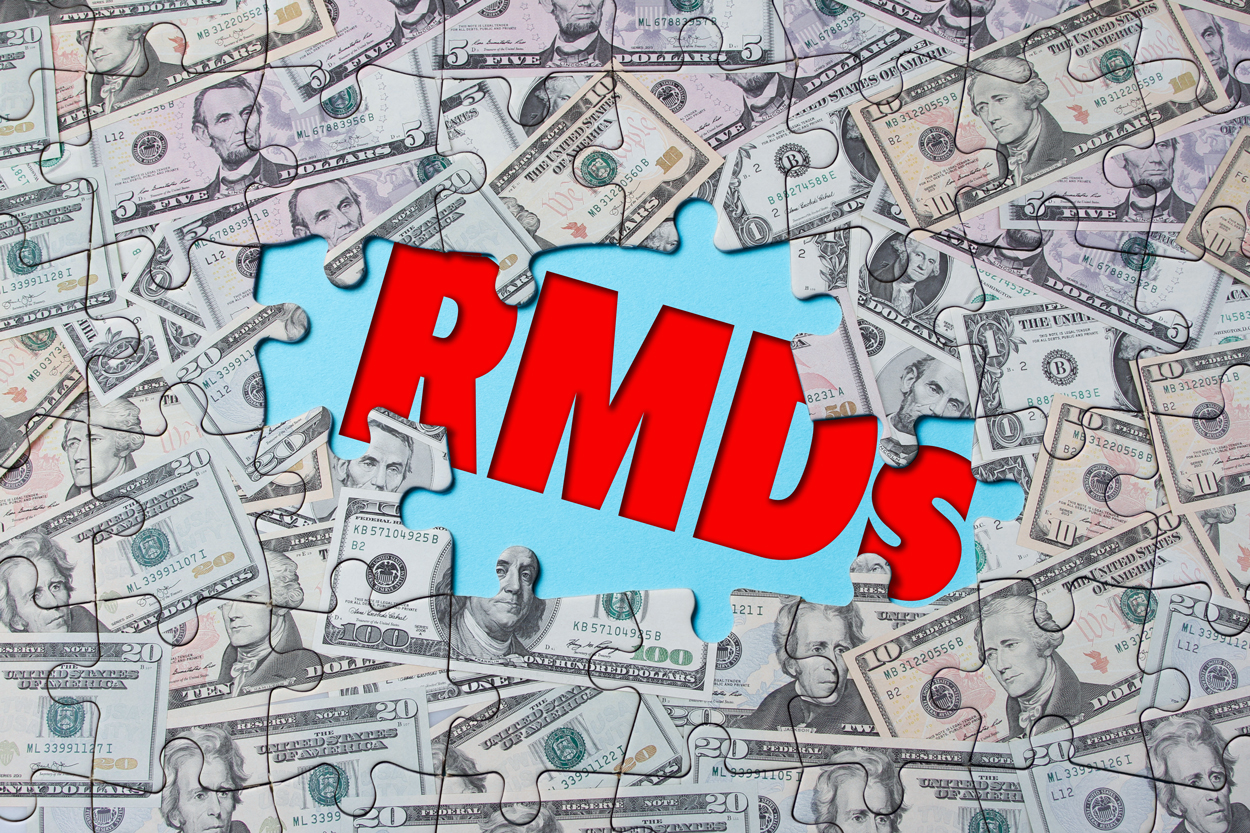If you have an IRA or other qualified retirement plan and you are 70+, you’ll want to know about a special rule change made in response to the COVID-19 pandemic. Under the Coronavirus Aid, Relief and Economic Security (CARES) Act enacted in March, you will not have to take a Required Minimum Distribution (RMD) from your retirement account for 2020.
As a reminder, RMDs are the required withdrawal you must take from your qualified retirement plan (IRA, SIMPLE IRA or SEP IRA) each year after you reach age 70½. Note that Roth IRAs do not require withdrawals until after the death of the owner.
If you have an employer-sponsored retirement plan [e.g., defined contribution, defined benefit, 403(b) or governmental 457(b) plan], you must also begin RMDs in the year in which you reach age 70½ or the year you retire, whichever is later.
How the RMD Waiver Works
For 2020 only, Required Minimum Distributions are waived for all employer-sponsored retirement plans and IRAs, including inherited accounts. The only type of plan that the rule change does not apply to is an employer-sponsored defined-benefit plan (e.g., a traditional “pension” type plan). Here’s how the new rules work:
- The waiver applies to RMDs due in 2020, but attributable to 2019. (If your first RMD year was 2019, and you took the RMD beforeFebruary 1, 2020, the 2020 RMD waiver does NOT apply. However, if you took the RMD between February 1 and May 15, 2020, you CAN take advantage of the 2020 RMD waiver.)
- You do not need to meet any COVID-19 “qualifying criteria” to waive RMDs for 2020.
- If you do not take an RMD in 2020, you will NOT be required to take two RMDs in 2021.
If you have already taken your RMD, you have the opportunity to roll it back into a retirement account should you want to. For distributions taken between Feb. 1 and May 15, 2020, the following rules apply:
- Distributions must be rolled back into a retirement account by July 15, 2020.
- For IRA-to-IRA rollovers, only one rollover is allowed per 12 months beginning from the day the distribution is received.
- You can only roll over the same assets that were distributed. So, if 10 shares of XYZ company are distributed, you can only roll over up to 10 shares of XYZ company. If $5,000 in cash is distributed, you can only roll over up to $5,000 in cash.
- Inherited and successor IRAs are not eligible to receive an IRA-to-IRA rollover; however, a spouse beneficiary can roll the assets into an IRA in their own name if the rules above are met.
Questions? We Have Answers!
With all that’s happening these days, these rules may very well change again. But for now, if you’re unsure about your RMD situation, contact us. We can help make sure the rules are followed so you are not penalized.
Stimulus Payment Update
Approximately 130 million people have received Economic Impact Payments (EIP) worth more than $200 billion in the program’s first four weeks. In Georgia alone, more than 4 million people have received nearly $7 billion in payments. The IRS has been sending out new batches of stimulus benefits every week, and is urging people to use Get My Payment by noon Wednesday, May 13, for a chance to get quicker delivery. You can check the status of your payment here.



